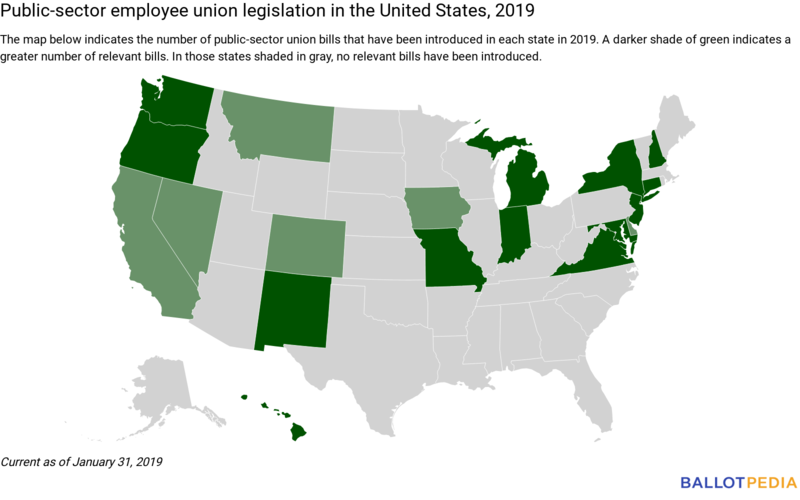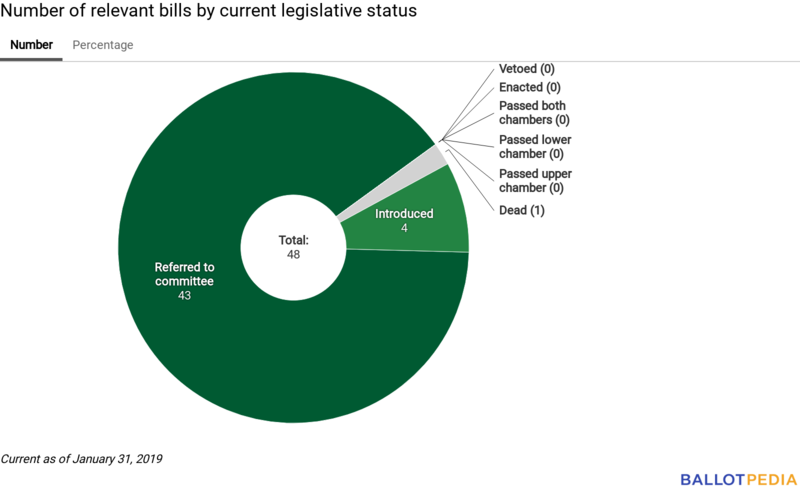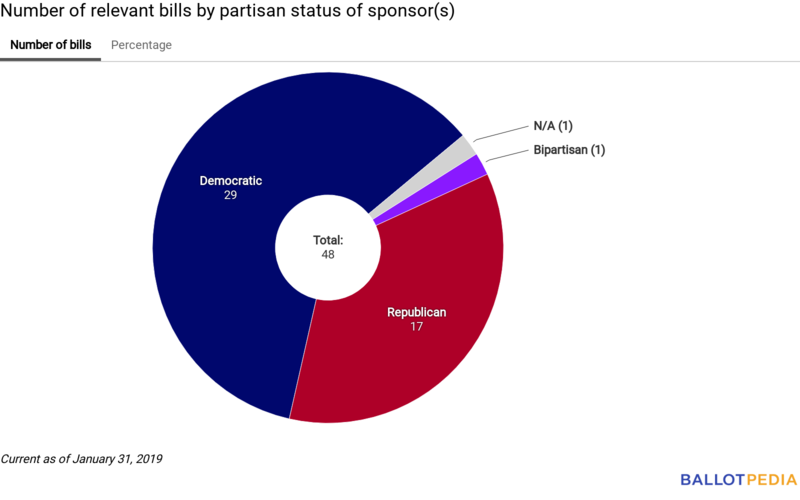Union Station: February 1, 2019
Welcome to Union Station, our weekly newsletter that keeps you abreast of the legislation, national trends, and public debate surrounding public-sector union policy. This week, we take a closer at an Ohio lawsuit involving public-sector union membership resignation policies.
AFSCME Ohio Council 8 settles class-action lawsuit against membership resignation restrictions
On Jan. 24, 2019, the National Right to Work Legal Defense Foundation announced that AFSCME Ohio Council 8 had agreed to a settlement in a class-action lawsuit challenging a union provision permitting union members to resign only during a 15-day period each year. As part of the settlement, AFSCME Ohio Council 8 agreed to rescind the provision in question and refund dues collected under the policy post-Janus. This is the first settlement of a class-action lawsuit involving such policies post-Janus. (Sources: National Right to Work Legal Defense Foundation, The Washington Examiner)
- Who were the parties to the suit? Seven Ohio public-sector employees: Jothan Smith, Adam Scheiner, Brian Parks, Annette Lipsky, Steven Fletcher, Michael Cooper, and Tracey Baird. The National Right to Work Legal Defense Foundation represented the plaintiffs. The defendant was AFSCME Ohio Council 8, a state-level affiliate of the American Federation of State, County and Municipal Employees.
- What was at issue? AFSCME Ohio Council 8 prevented members from resigning except during a 15-day period preceding the expiration of a collective bargaining agreement. After Janus, each plaintiff attempted to resign from the union and revoke his or her dues deduction authorizations. AFSCME declined the requests, citing the 15-day resignation window. The plaintiffs alleged this violated their First Amendment associational rights.
- What are the parties to the suit saying?
- Mark Mix, president of the National Right to Work Foundation, said, "This first-in-the-nation victory in a class action case to enforce workers’ rights under Janus should be the first of many cases that result in union bosses dropping their illegal restrictions on workers seeking to exercise their rights secured in the Foundation’s Janus Supreme Court victory."
- At the time of publication, AFSCME Ohio Council 8 officials have not publicly commented on the settlement.
The big picture
Number of relevant bills by state
So far this year, we have tracked 48 pieces of legislation dealing with public-sector employee union policy. On the map below, a darker shade of green indicates a greater number of relevant bills. Click here for a complete list of all the bills we're tracking.
Number of relevant bills by current legislative status
Number of relevant bills by partisan status of sponsor(s)
Recent legislative actions
Below is a complete list of legislative actions on relevant bills since the beginning of the year. Bills are listed in alphabetical order, first by state and then by bill number.
- Colorado HB1101: This bill would prohibit employers from requiring employees to become union members or pay union dues/fees as a condition of employment.
- Postponed indefinitely as of Jan. 29, 2019.
- Connecticut HB06930: This bill would require public employers to provide unions with access to new employee orientations.
- Referred to Joint Committee on Labor and Public Employees Jan. 30, 2019.
- Hawaii HB862: This bill would allow unions to refrain from representing non-members during grievance proceedings.
- Referred to House Labor and Judiciary Committees Jan. 28, 2019.
- Hawaii SB1147: This bill would allow unions to refrain from representing non-members during grievance proceedings.
- Referred to Senate Labor and Ways and Means Committees Jan. 28, 2019.
- Indiana SB0079: This bill would establish and/or expand representation provisions to include police officers and firefighters.
- Hearing before House Local Government Committee Jan. 31, 2019.
- Montana HB323: This bill would prohibit employers from requiring employees to come or remain union members as a condition of employment. This bill would also disallow payroll deductions for nonmember fees paid to unions.
- Introduced and referred to House Business and Labor Committee Jan. 29, 2019.
- Nevada AB108: This bill would require public employers to provide unions with access to new employee orientations.
- Introduced and referred to Assembly Government Affairs Committee Jan. 29, 2019.
- New Hampshire HB363: This bill would establish the state Legislature as a public employer under the state's public-employer labor relations laws.
- Hearing before Legislative Administration Committee Jan. 30, 2019.
- New Mexico HB85: This bill would authorize employers and labor unions to enter into agreements requiring employees to become union members as a condition of employment.
- Hearing before House Labor, Veterans, and Military Affairs Committee Jan. 29, 2019.
- New Mexico HB378: This bill would prohibit employers from requiring employees, as a condition of employment, to join a union, remain a member of a union, or pay dues and/or fees to a union.
- Introduced and referred to House Labor, Veterans, and Military Affairs Committee Jan. 28, 2019.
- Oregon HB2726: This bill would allow non-members to make voluntary contributions to labor unions via payroll deduction.
- Referred to House Business and Labor Committee Jan. 25, 2019.
- Oregon HB2775: This bill would permit public-sector employees to refrain from joining or paying dues to unions. This bill would also allow unions to choose not to represent non-members.
- Referred to House Business and Labor Committee Jan. 25, 2019.
- Virginia HB1806: This bill would repeal the state's right-to-work provisions.
- Referred to House Commerce and Labor Committee Jan. 28, 2019.
- Washington HB1333: This bill would alter the definition of a public employee under the state's public employees' collective bargaining law.
- Executive action taken in House Labor and Workplace Standards Committee Jan. 29, 2019.
- Washington SB5623: This bill would declare that public employers and public-sector unions are not liable for claims involving agency fees paid to unions before Janus.
- Introduced and referred to Senate Labor and Commerce Committee Jan. 25, 2019.
- Washington SB5691: This bill would extend collective bargaining rights to employees of the legislative branch of state government.
- Introduced and referred to Senate Labor and Commerce Committee Jan. 28, 2019.
- Washington HB1452: This bill would extend collective bargaining rights to employees of the legislative branch of state government.
- Executive session in House Labor and Workplace Standards Committee Jan. 31, 2019.
See also
| |||||||||||||||||||||||





